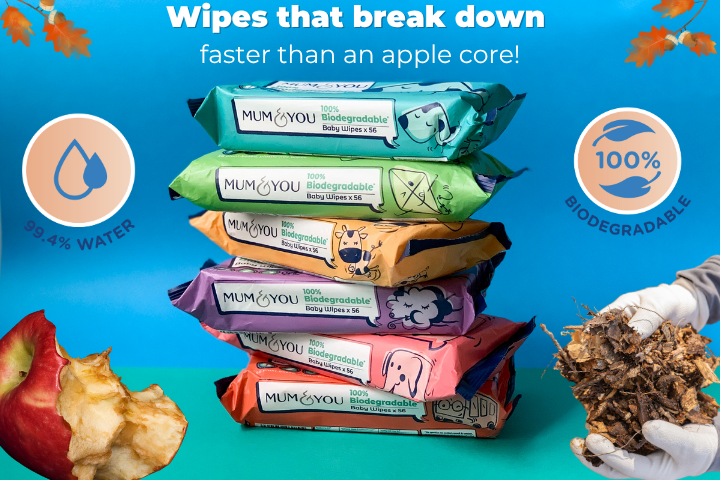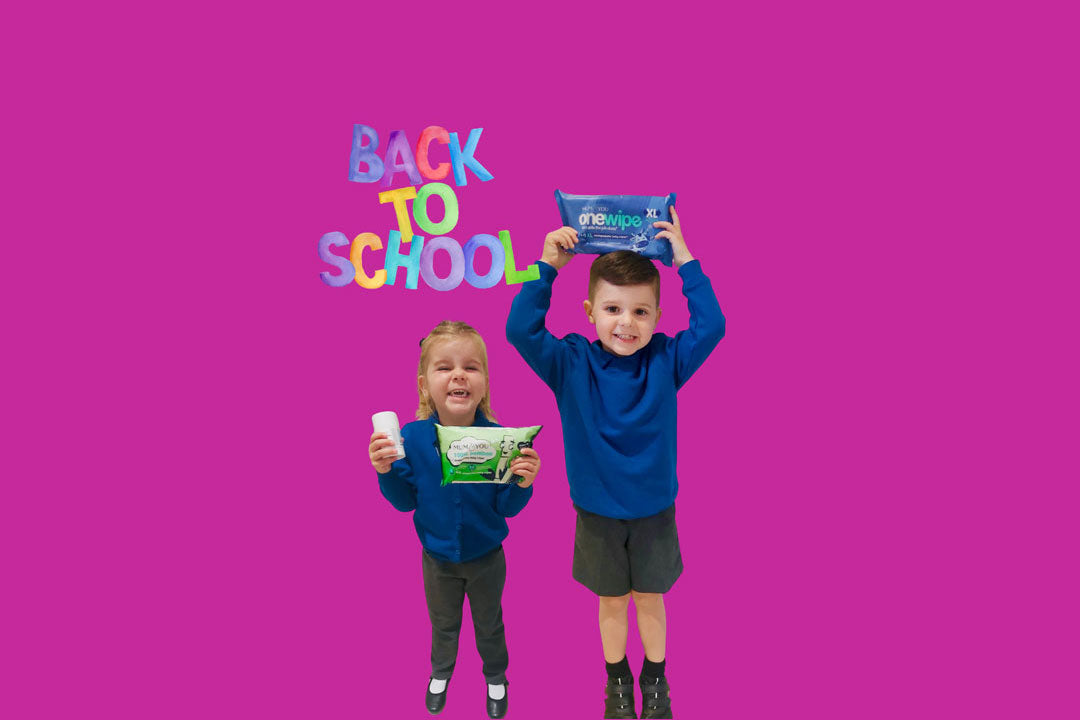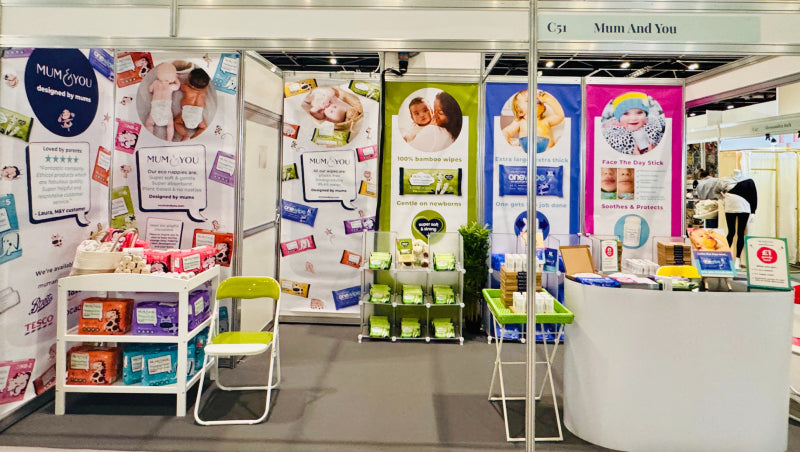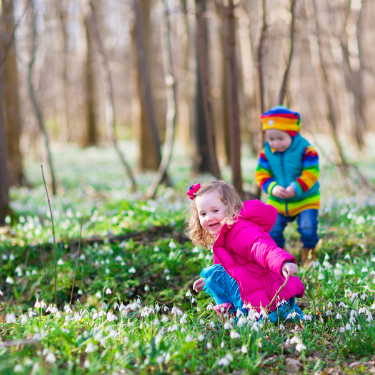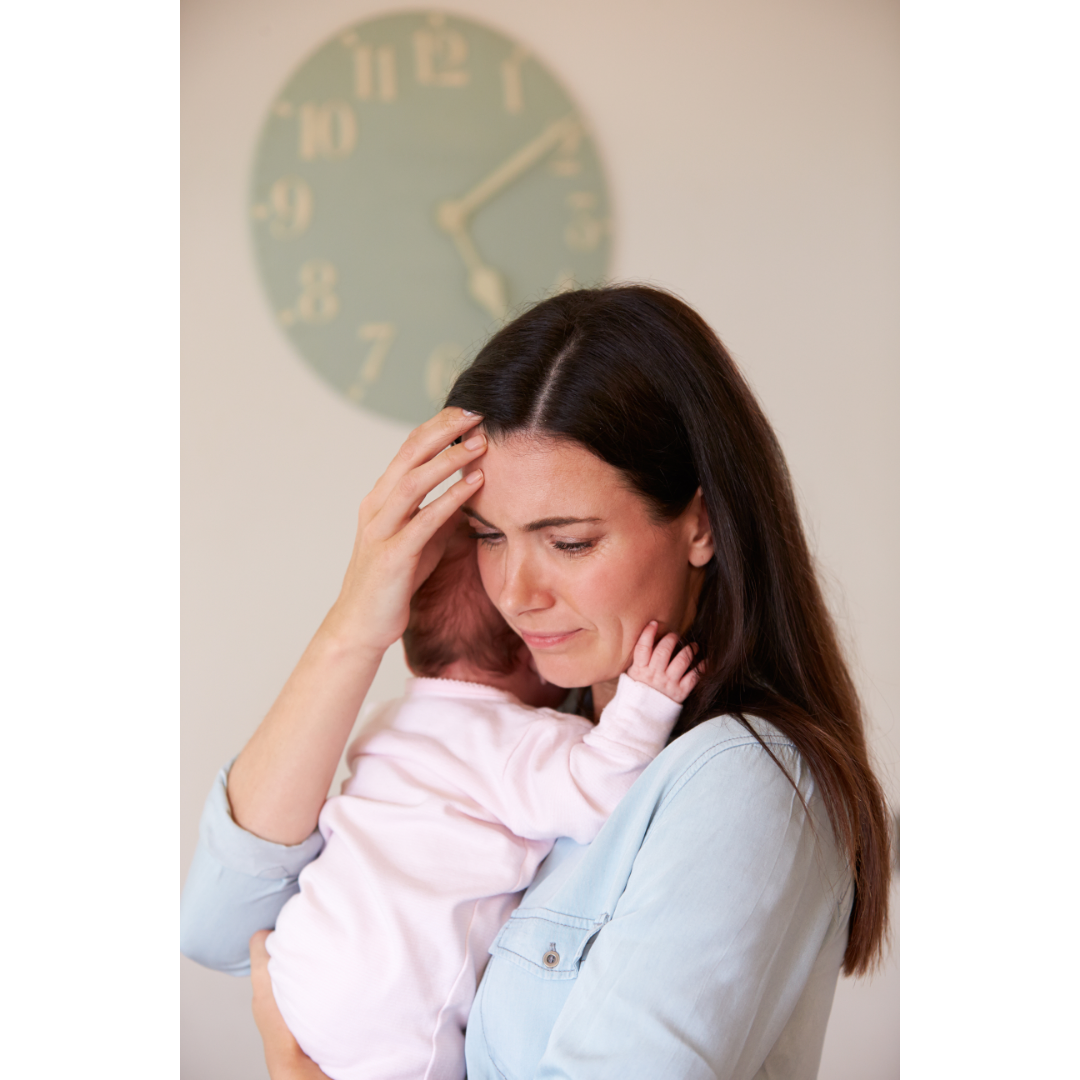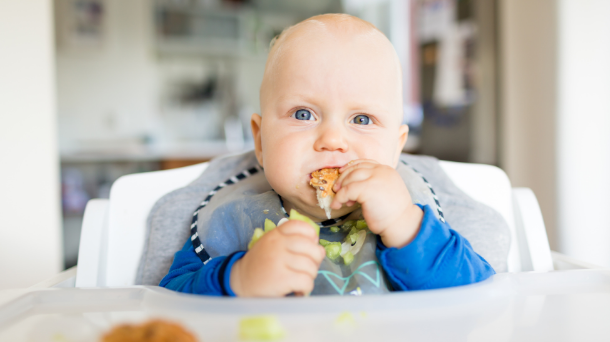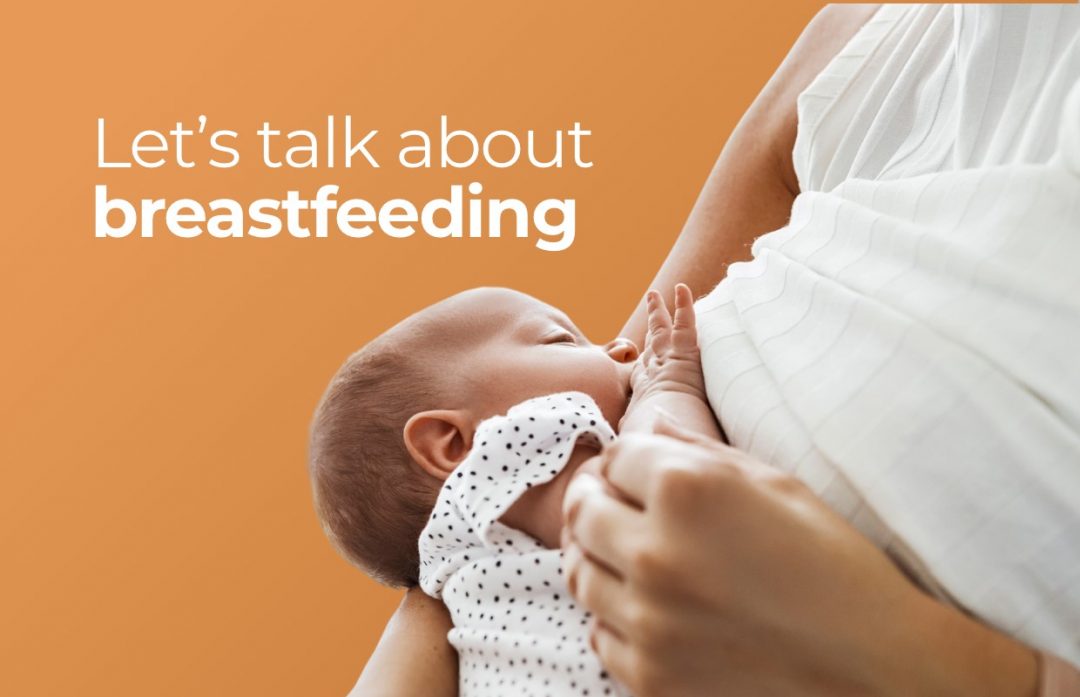
World Breastfeeding Week: Breastfeeding Advice for mums
World Breastfeeding Week
World Breastfeeding Week is an opportunity for Mums to come together and share advice, guidance and their own experiences of breastfeeding with other women around the world.
Breastfeeding is a personal choice. What’s important is that both mum and baby are happy and healthy.
If breastfeeding is for you, then National Breastfeeding Week is a celebration of all the benefits it brings to mum and baby. It’s a chance to share knowledge and tips, and a great opportunity to support others in the breastfeeding community. Its also a time to bust myths, share the facts so mums can make an informed choice and raise awareness of where you can get support if you are struggling.
We asked Dr Laura Lenihan, a leading GP specialising in women’s health, skincare and dermatology – and a mum of three – to share her expert breastfeeding advice for mums.
Advice and Guidance from Dr Laura Lenihan
Did you know that breastfeeding has several great benefits for both mums and babies?
For baby, breast milk contains antibodies to protect them from infection and is also a wonderful way to build a strong emotional bond with mum. This is why many mums decide to breastfeed for the first 6 months of their baby’s life and then up until two years of age with the introduction of food.
What’s more, research also suggests that breastfed babies sleep for longer, giving mums more time to themselves, to sleep, recharge or do whatever they need to do to feel like themselves again.
While breastfeeding has some incredible benefits, it’s important to remember that it isn’t necessarily easy for everyone and some mums can have lots of issues. Getting help at an early stage is important, as well as being prepared for some of the issues we all face.
Let’s talk about some of the big issues new mums can come up against.
Engorgement
When your milk comes in, usually around day three post birth some mums can suffer with engorgement. The breasts can be completely full and feel hot and tender.
Here are my top tips to deal with engorgement:
- Cabbage leaves kept in the fridge and applied to the breasts will help relieve the pain as well as feeling lovely and cool
- Taking a hot shower and letting the warm water run onto the breasts and then massaging any hard areas
- Using boiling water in a nappy which you then place onto breasts helps to break down milk and release some of the engorgement
- Using a milk collector on the opposite breast when feeding can also help
- Be sure not to worry however, the worst of the engorgement will settle down within 48 hours. If you are worried be sure to check in with your healthcare provider.
Not enough breast milk
Many mums worry that they won’t have enough breastmilk to feed their baby. Especially if they have small breasts. Most of the time this isn’t the case!
Here are my top tips to help you deal with this:
- When baby is born offer the first breastfeed as soon as you can
- Do as much skin to skin as is possible in the first few days and week. Embrace the fourth trimester
- Offering your baby both breasts at each feed will help to stimulate milk supply
- Alternate which breast you start with to stimulate your milk supply as well
- If baby is fussing and you feel like they've just fed, try feeding again! They may be cluster feeding, which is a perfectly normal baby behaviour of feeding often to build your supply (and have cuddle time with mummy!)
Nipple problems
One big issue I see a lot in new mums is sore and cracked nipples. We need to remember that the skin on our nipples is unique and delicate! So, we need to make sure we look after it.
Here are my top tips to deal with nipple problems:
- Check the latch - one of the most important things, probably the most important thing in breast-feeding is the latch. To make sure baby isn’t “nipple-feeding” but getting a deep latch. If the latch isn’t right, then the nipple will become sore and you will have issues
- Get checked for tongue tie if you are having issues. A lactation consultant or health visitor can assess for tongue tie and check babies latch
- Cool compresses placed onto the nipples in between feeds can help
- Using a nipple cream or spray such as Mum & You Hands Off Nipple Saviour Spray will allow the nipples to repair between feeds. Ingredients such as Aloe Vera and Wheatgerm Oil are lovely and nourishing to this delicate skin area
Mastitis
Mastitis is an infection in the breast tissue and often happens when a milk duct gets blocked. The breast may feel hot and painful and mum can get a temperature or feel unwell with flu-like symptoms. If you’re worried about mastitis it is really important to check in with your GP as antibiotics may be required. Don't forget that you can also reach out to your health visitor for breastfeeding advice if you're struggling with soreness and pain.
Here are my top tips to help with mastitis:
- Even if it’s painful, it’s important to carry on breastfeeding especially on the affected breast
- Starting feeds with the affected breast can help
- Feeding through the night may be necessary
- Using heat to break down the blocked duct / milk will help - so using hot compresses or the nappy trick should help settle it down
- Regular paracetamol will also help and making sure you are taking adequate fluids.
I hope you found those tips helpful. While breast-feeding can be challenging it is also one of the most amazing experiences we can have as a mum. Enjoy the time bonding with your baby and follow the advice above if your breasts need a bit of TLC along the way. If you need additional support, never be afraid to ask, we’re in this together.
Where to find support:
The Breastfeeding Network - friendly support and advice, including a helpline
La Leche League - advice and access to local support. Some areas have local Facebook groups and meet ups
International Board Certified Lactation Consultants (IBCLCs) - highly experienced, trained and qualified person to help parents and babies to breastfeed
Ask your Health Visitor for local support groups in your area


